Thousands of people from Bosnia and around the world gathered in Srebrenica to mark the 30th anniversary of the 1995 massacre, where over 8,000 Bosniak Muslim men and boys were brutally killed by Bosnian Serb forces.
This atrocity, recognized as Europe’s only genocide since the Holocaust, is remembered each year with a solemn ceremony. The anniversary is both a memorial and a collective call for justice and reconciliation, drawing global attention to the ongoing importance of acknowledging and learning from past atrocities.
Annual Burials Offer Painful Closure as Families Mourn Incomplete Remains of Loved Ones
As part of the commemoration, seven newly identified victims were laid to rest in a mass funeral at the memorial cemetery near Srebrenica, where over 6,000 victims have already been buried. These funerals occur annually as more remains are discovered in mass graves scattered around the region.
However, for many families, the burial offers only partial closure. The remains are often incomplete, having been dismembered and buried in multiple graves, making identification and mourning even more painful for survivors.
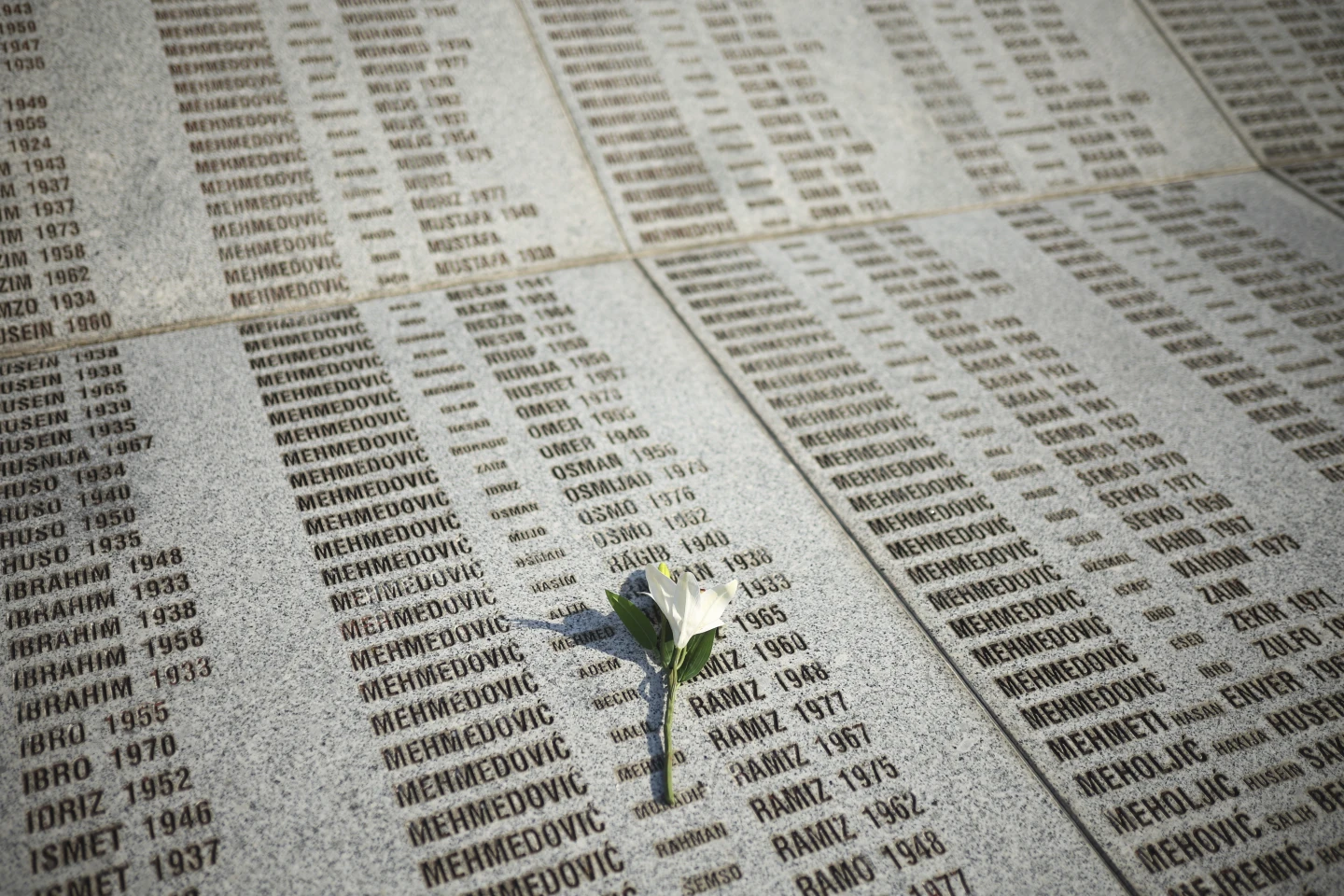
For grieving families like that of Mirzeta Karic, the loss is not only personal but emblematic of the broader tragedy. Karic, who waited 30 years to bury a single bone of her father, expressed the profound sorrow and frustration felt by many.
Her story reflects the deep trauma that continues to haunt families affected by the massacre, as well as the immense scale of loss, with her father being one of 50 family members killed. These emotional stories are a stark reminder of the human cost of the genocide.
Denial and Division Persist Despite Global Recognition of the Srebrenica Genocide Anniversary
The massacre took place on July 11, 1995, when Bosnian Serb forces overtook the U.N.-designated safe zone of Srebrenica during the final phase of the Bosnian War. After seizing the town, they systematically separated men and boys from their families and executed them over a few days.
The perpetrators then attempted to hide their crimes by relocating the bodies with bulldozers. International recognition of the genocide has grown, with the U.N. General Assembly adopting a resolution to commemorate the event annually, and dignitaries from around the world attending the ceremonies.
Despite international acknowledgment, ethnic divisions persist in Bosnia, and both Bosnian Serb leaders and the Serbian government continue to deny that the Srebrenica massacre was genocide. The war, which erupted in 1992 during the breakup of Yugoslavia, claimed over 100,000 lives.
Although key figures like Radovan Karadzic and Ratko Mladic have been convicted of genocide, the refusal by some political leaders to accept these judgments complicates reconciliation efforts. Serbian President Aleksandar Vucic expressed condolences but refrained from using the term genocide, highlighting the challenges of healing in a deeply divided region.

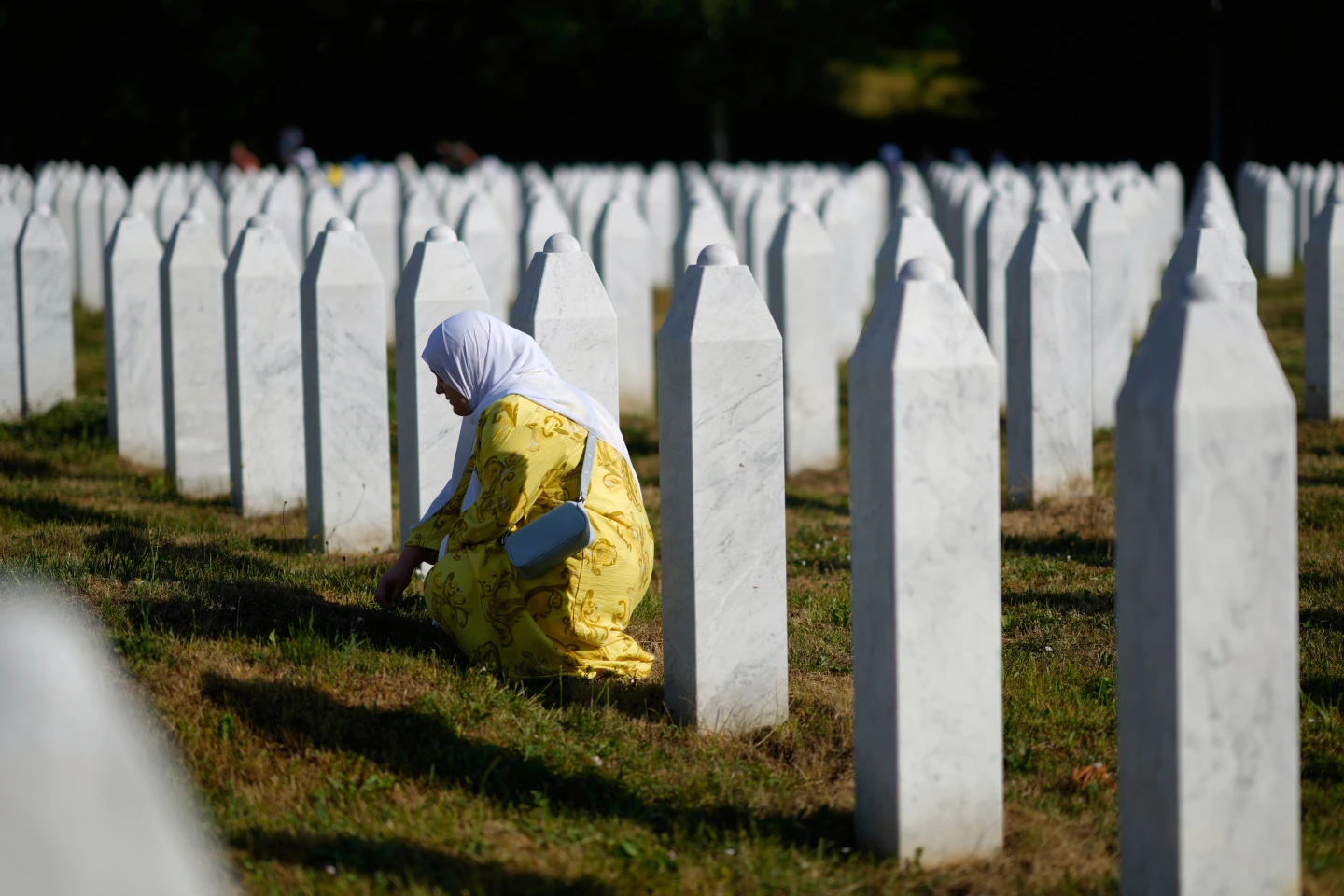





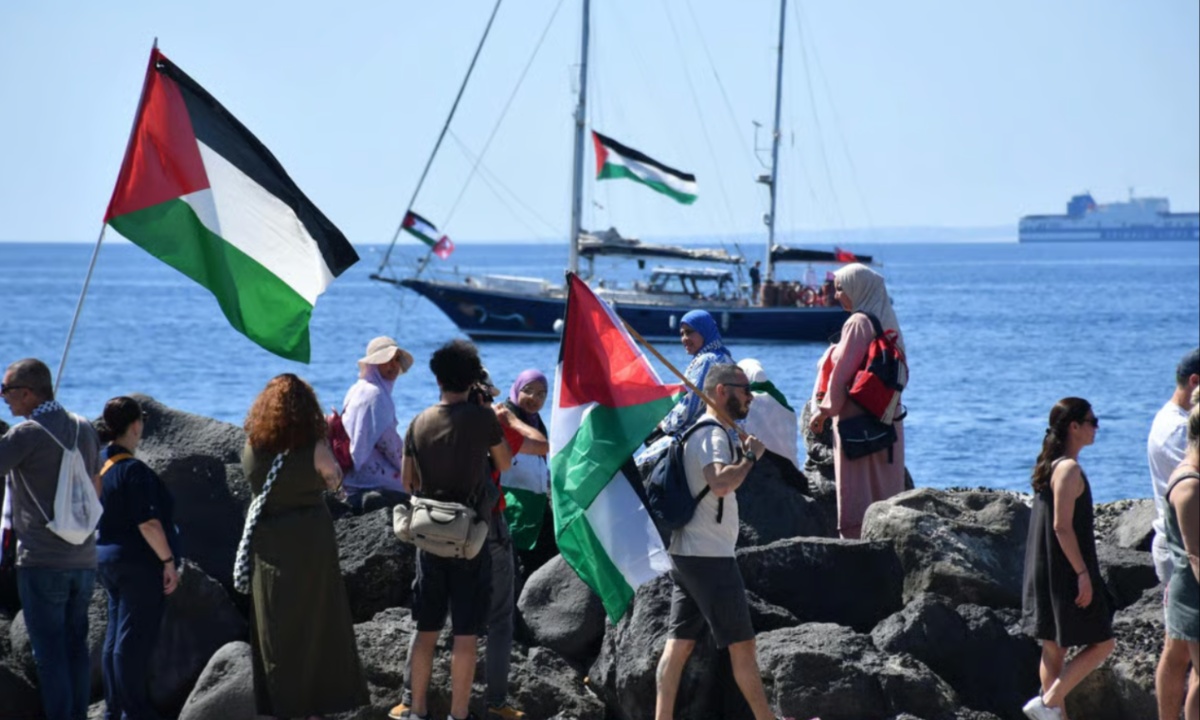
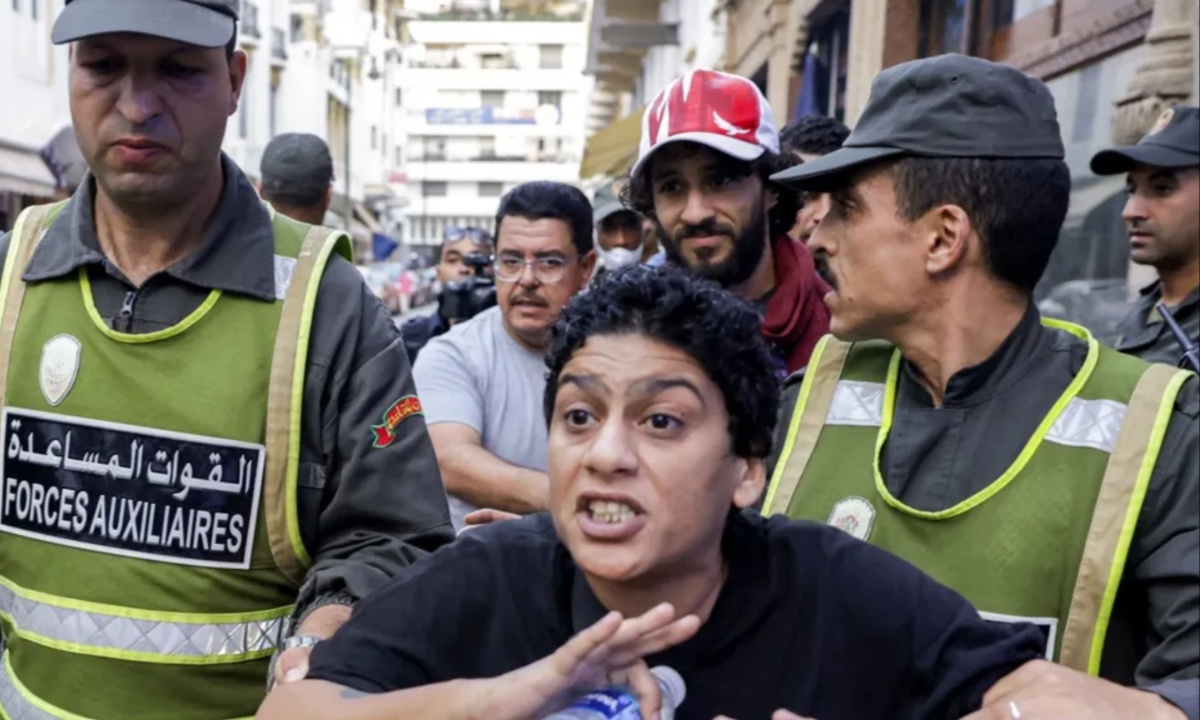
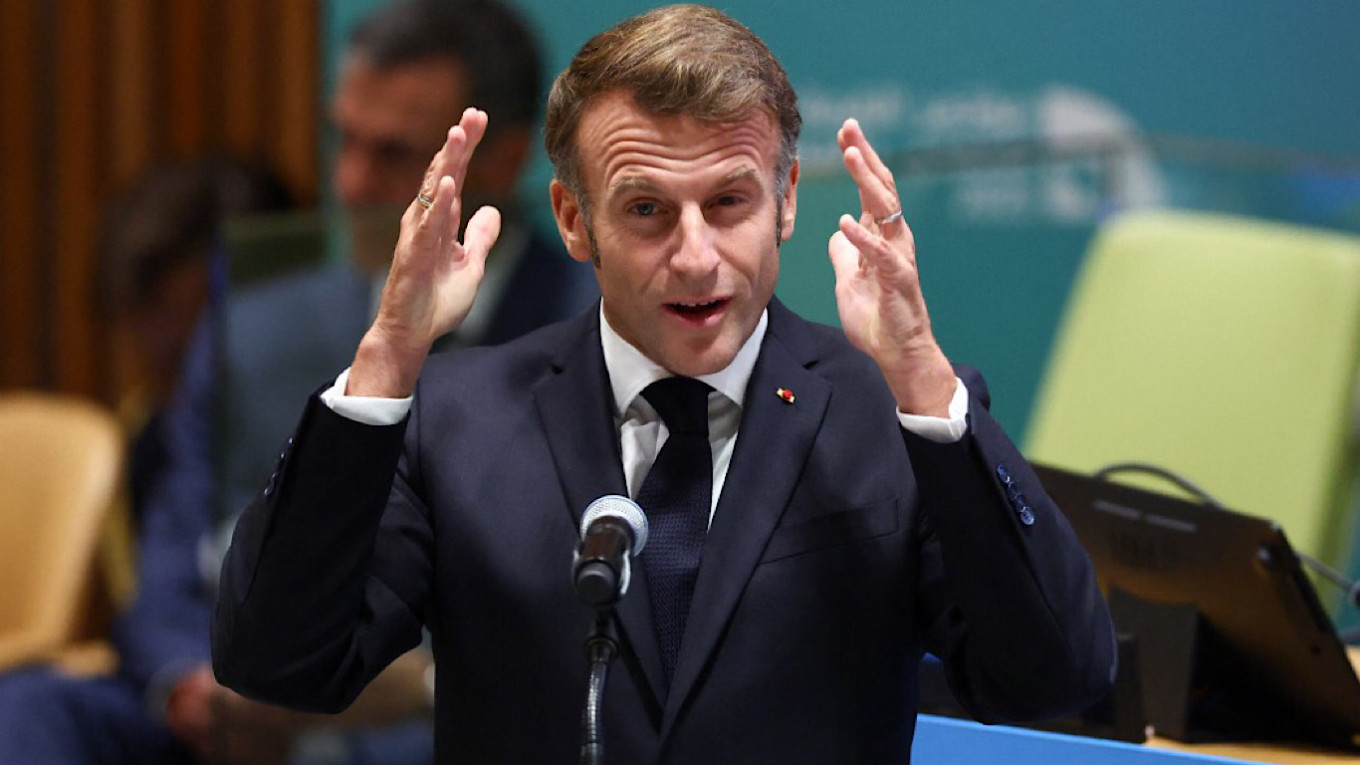
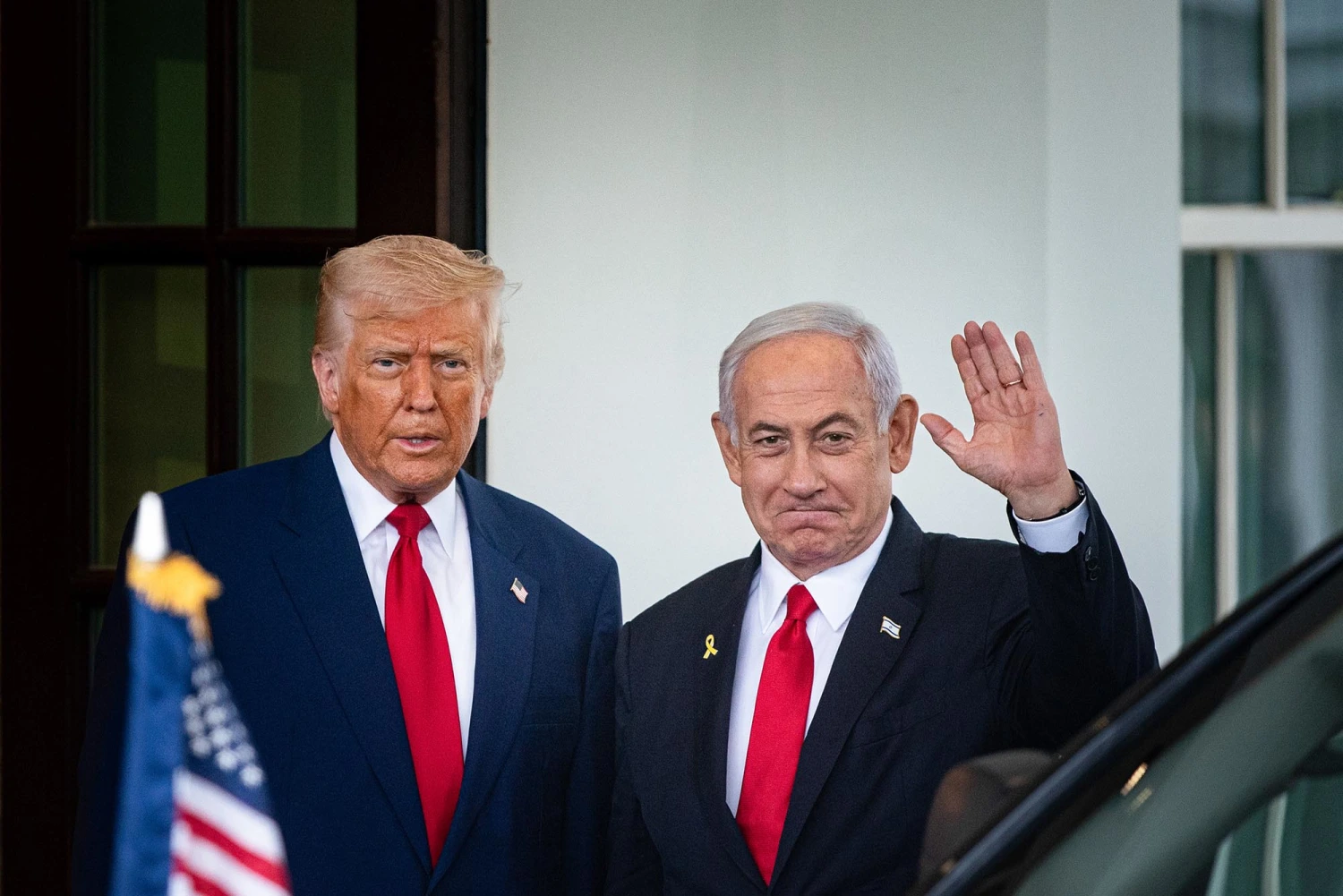
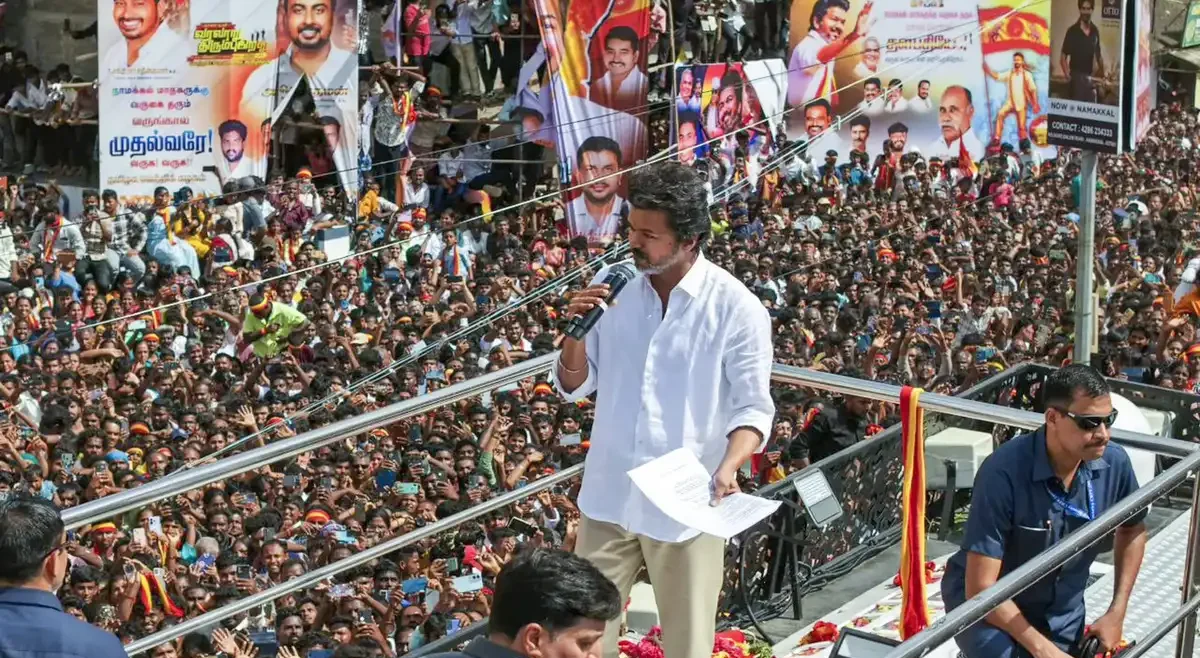
Leave a Reply